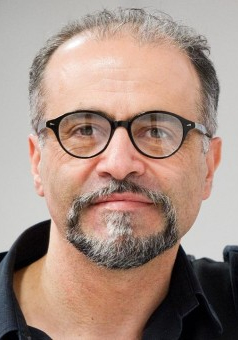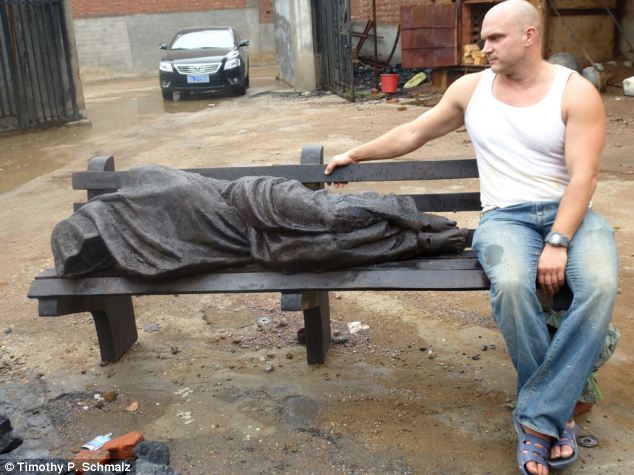
Being at home means belonging, but it also means constructing borders and excluding the other. Any kind of group identification constructs the social category of the other. Homes are primarily sites of exclusion, not inclusion. The notion of the home nourishes racism and xenophobia. The German Jewish philosopher Theodor Adorno, himself exiled by the Nazis, believed that ‘it is part of morality not to be at home in one’s home’ ….
It is only in homelessness that genuine hospitality becomes possible. Homelessness means not recognizing anywhere as home. […] Homelessness as a paradigm, as a way of being in the world, as a lifestyle, as ethical and aesthetic normativity opens the door to accepting the other as she is, not as we want her to be.
Shahram Khosravi, ‘Illegal Traveller’: An Auto-Ethnography of Borders; the reference is to the German Jewish philosopher Theodor Adorno’s work Minima Moralia.
These are radical words by someone who has himself experienced what it means to be homeless. Is Khosravi right that genuine hospitality is possible only in homelessness? It would be all too easy to take issue with this, arguing that it goes several steps too far.
However, looking at it from a Christian perspective, one is reminded of Paul’s words to the Philippians, who are told that ‘our citizenship is in heaven’ (Philippians 3:20). The letter of 1 Peter, in turn, is addressed ‘to God’s chosen strangers in the world of the diaspora’ (1 Peter 1:1), who are described as ‘immigrants and strangers in the world’ (2:11). Homelessness, indeed, was the chosen state of the one whom Christians profess to follow and who once said of himself that he had ‘no place to lay his head’ (Luke 9:58).
Khosravi’s are radical words indeed, but they need to be taken with utmost seriousness if we are concerned about genuine hospitality and accepting the ‘other’ as they are.

 Most of the brutalization that occurs externally in the world is usually subsequent to a prior brutalization that has happened within the heart.
Most of the brutalization that occurs externally in the world is usually subsequent to a prior brutalization that has happened within the heart.


